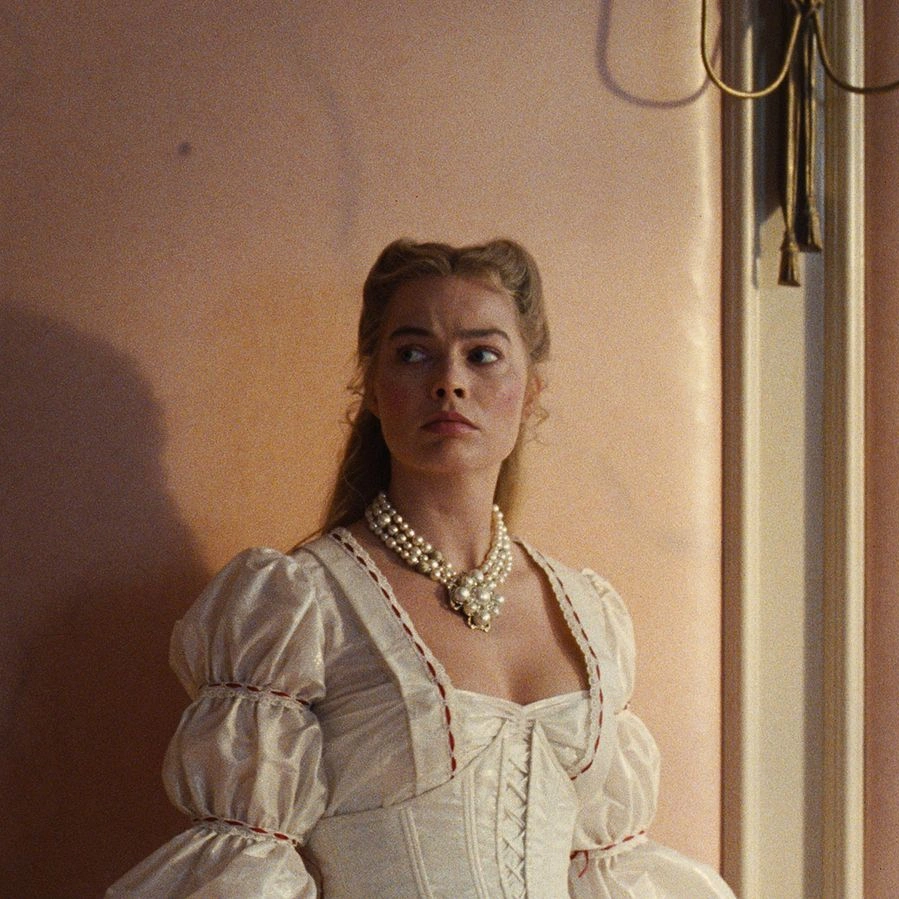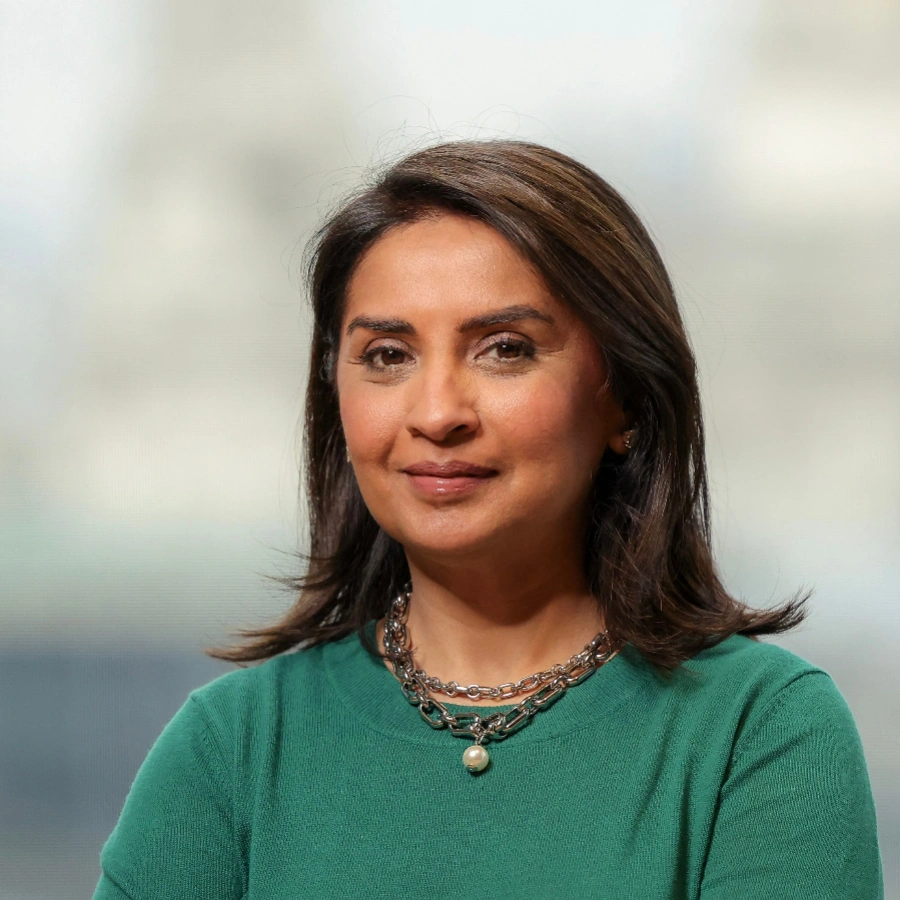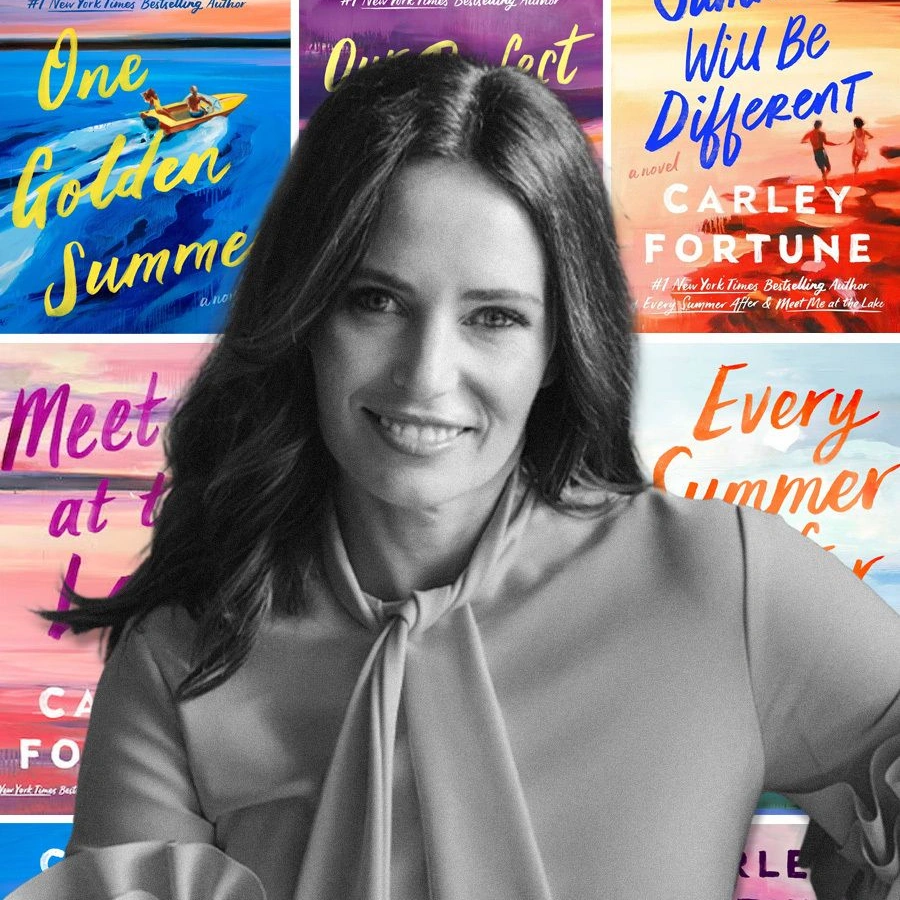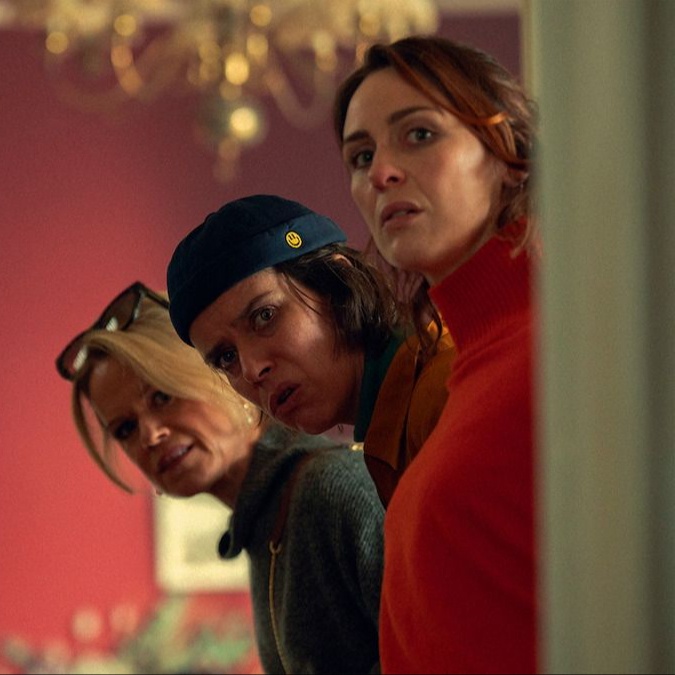And that’s just as an actor. With Pushing Buttons Studios, the production company he co-founded with his wife, he is keen to support stories that come from different perspectives. “We want to get the gaze right. It’s always been the victors who write the histories, the books, the religions, and in today’s times, the movies, too. We have to tell stories that reflect the times more equally, so it’s important to see who’s telling the story, who’s written it, who’s produced it, who’s photographed it.”
That was also the impetus behind Undercurrent, the programme he and Chadha set up to train women in male-dominated technical aspects of filmmaking, such as lighting. When production on Girls Will Be Girls was kicking off, the duo wanted the heads of all departments to be women. But one for which they couldn’t find anyone was gaffing, because lighting, with its heavy equipment, has always been seen as a man’s domain. “There were almost no women gaffers in India! So our co-producer Tanya [Negi] said, ‘Why not create a programme?’ We worked on this idea, got a grant from Berlinale, and enrolled 12 women in the first edition,” says Fazal. “Two of them landed up on my Mirzapur set. One was on the Girls set. All of them are employed somewhere or the other. And we’re looking to start the second edition soon.”
It’s an almost poetic paradox: here is someone with such a strong sense of right and wrong, a clear idea of cinema’s, and his own, purpose, yet his most famous character is Mirzapur’s manically violent, morally complicated Guddu Pandit. From seeking revenge and justice to simply going power-mad, Pandit’s arc has changed drastically in the last six years. I tell Fazal that there are Reddit threads devoted to discussing whether there is any hope of redemption for Pandit. “None,” he says thoughtfully. “The only conclusion for him is losing his mind. By the end of Season 3, you see him blank, almost hallucinating. I feel sorry for him.”
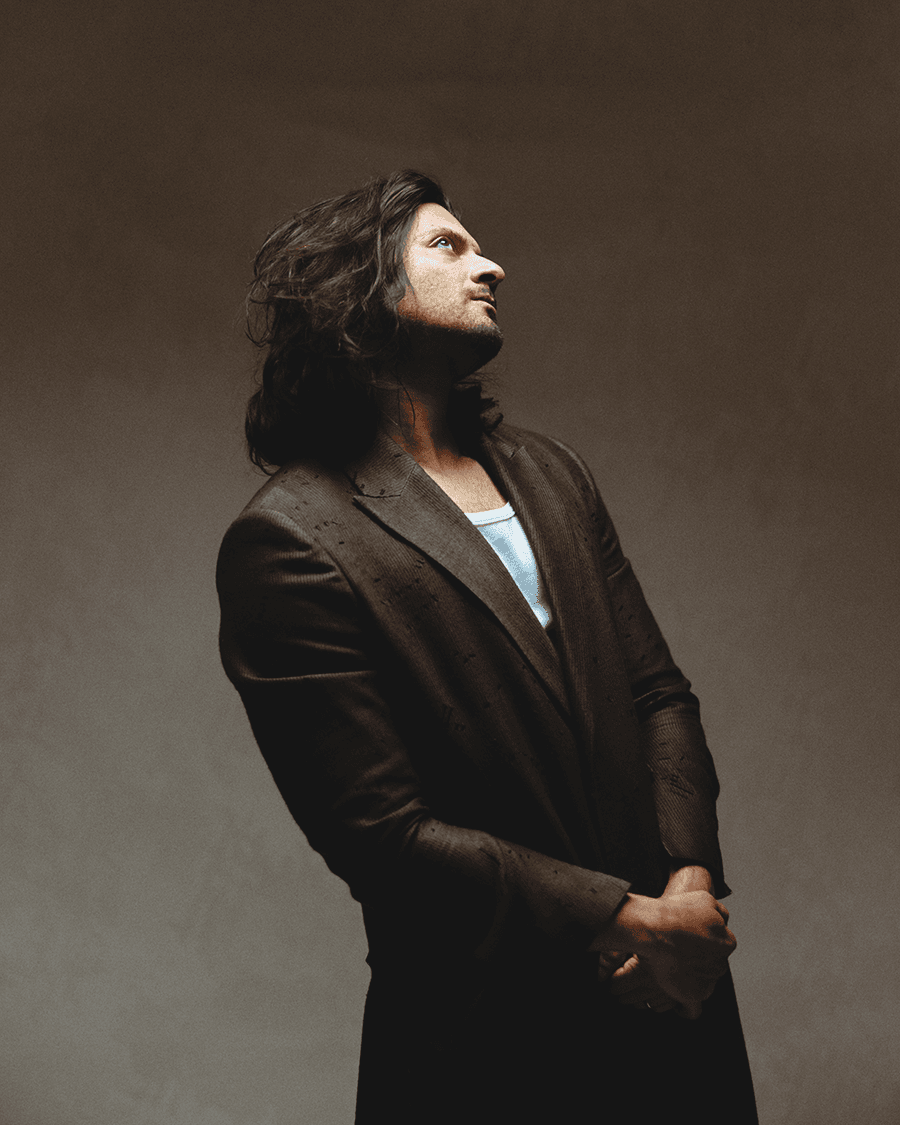
Lately, there’s been an uptick in talk about movies and shows that glorify violence, misogyny, and toxic behaviour. Where does Mirzapur fit in with Fazal’s own sense of what cinema should say? He thinks hard and answers slowly, almost as if he’s working it out for himself as we chat. “At the crux of it, now that I look back, it comes from daddy issues. If you remove the specifics of the gang wars and violence, it’s all, you know, brothers fighting, the same family dynamics that our society is going through. All these gangsters are basically just very, very unloved men.” There have also been times he has turned down roles because he felt they were just ethically wrong and impossible for him to justify doing. “To begin with, they were just badly written scripts. There are toxic scripts and there are propaganda scripts—these are two big ones that run the show in today’s times. And we don’t talk enough about propaganda scripts because everyone is scared of the repercussions. So when films like Kabir Singh and Animal come up, it’s probably a lot of that bhadaas coming in here as well.”
Which is not to say that there aren’t amazing Indian films, he says, including many that have made an impact globally, especially in recent times. But he wants to see more. “I vote every year as a member of AMPAS (the Academy of Motion Picture Arts and Sciences) in LA, and I get to see all these beautiful projects—my first reaction is to see ki iss mein Indian filmein kitni hain? I want to champion those. I want to take South Asian stories across the globe. Because there is a demand [for our stories]. Just look at All We Imagine As Light! I mean, it’s historic. And come on man, it should have been, it should have been…” His disappointment that Payal Kapadia’s film was not selected as India’s official entry for the Oscars is palpable.
Over the years, I’ve interviewed a lot of actors who talk about wanting to do good work. They usually mean films with big-ticket directors or meaty roles. Fazal also wants that for himself. But what strikes me is his desire to go beyond that and do something for cinema, to leave it better than he found it. “I just…I really want to make good stories, be part of them. I feel for cinema,” he says earnestly, urgently. “I don’t mean we have to only make sad films or ‘festival’ films, I mean comedy, action, whatever genre. Whatever story I make right now, it is recorded history in those cans, and nobody can change that. Look, 50 years later, there will be a generation that will look at the stories we told. And if they don’t see our times reflected in our stories, they will fucking spit on us.”
For someone so determined to do things, I wonder: what does he do to actually stay creative? “I read,” he says, pulling out Elif Shafak’s latest book, There Are Rivers In The Sky, from his backpack. “The real riyaaz I like to do is just be with myself. And reading is important for an actor. Any and all education, really. I also give a lot of credit to Adishakti, Veenapani Chawla’s theatre lab in Puducherry. It teaches a very different style of physical acting. I’ve done a few workshops there and I’m on the board now. But I don’t think I’ve learnt enough. I want to keep learning more.” Again, that hunger.
Editorial Direction: Megha Mahindru, Ridhima Sapre. Art and Creative Director: Harry Iyer. Makeup: Sandeep. Hair: Irfan. Fashion assistant: Stuti, Asu, Nandini. Production: By The Gram.







